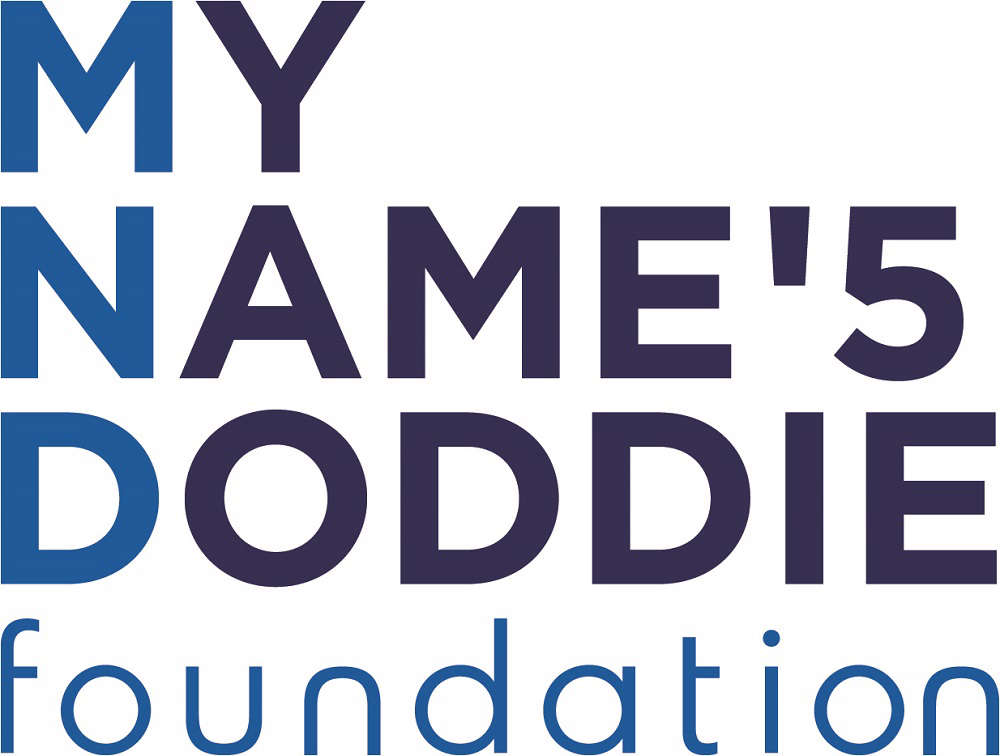
A drug used to treat high blood pressure is to be examined as a potential treatment for motor neurone disease (MND) in a new feasibility study following research involving Scottish experts.
Researchers from the University of Edinburgh have been also to show that terazosin protects against the death of motor neurons in mice, stem cell models and zebrafish by increasing energy protection.
Working with experts from the University of Oxford, they wanted to see if the drug, also used to treat symptoms of an enlarged prostate, can protect motor neurons from MND.
Researchers also say that the drug could help slow the progression of the condition.
 The study has been published in eBioMedicine, with funding for the study coming from MND Scotland.
The study has been published in eBioMedicine, with funding for the study coming from MND Scotland.
There has also been funding for the research from My Name’5 Doddie Foundation.
Around 400 people in Scotland are affected by MND at any given time.
There is no cure for the condition at the moment.
The average life expectancy for MND is just 18 months after diagnosis, based on data from the Scottish MND register.
Meanwhile, the teams at the Universities of Edinburgh and Oxford are inviting 50 patients from the Oxford MND Care and Research Centre to participate in a feasibility study, which will examine terazosin's impact on key indicators of disease progression.
Anas Hassan has been chatting with Dr Jane Haley MBE, the Director of Research for charity MND Scotland, to learn more about the future research that is to take place:

 10°C
10°C
 10°C
10°C
 9°C
9°C